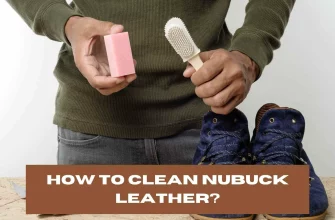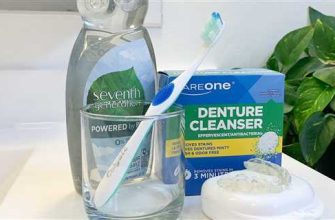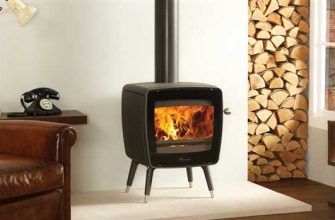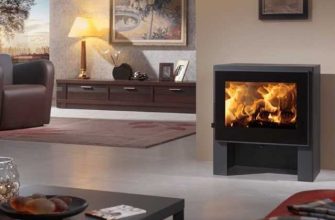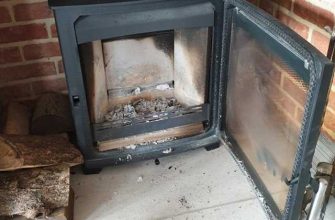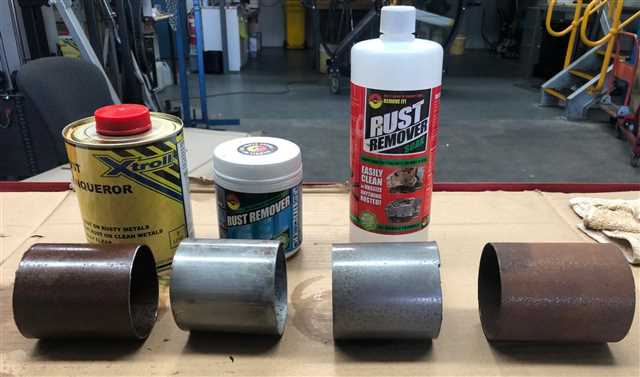
Metal products are a staple in many households, from kitchen appliances to cutlery and even furniture. Over time, however, these items can start to lose their shine and develop stains and rust. To maintain the full beauty of your metal items, it’s important to know how to properly clean and remove rust.
One simple and effective solution is to use vinegar. This household staple is not only great for cleaning, but it also works wonders at removing rust. All you need to do is soak a cloth or sponge in vinegar and use it to scrub away the stains. For larger appliances or sinks, you can fill a basin with vinegar and let the item soak for a few hours before scrubbing.
Another method for cleaning and removing rust is using a mixture of salt and lemon juice. Simply combine the two ingredients to form a paste, apply it to the tarnished metal, and let it sit for a few minutes. Then, use a soft cloth or sponge to scrub away the rust. This method is especially effective for copper and pewter finishes.
If you’re dealing with rust on stainless steel appliances, a simple and efficient way to remove it is to create a paste using flour and hydrogen peroxide. Apply the paste to the rusted areas, let it sit for a few minutes, and then scrub away the rust with a soft cloth. This method is not only effective, but it’s also safer than using harsh chemicals or scrubbers that could damage the metal finish.
Remember, prevention is key when it comes to maintaining the beauty of your metal items. Always dry them thoroughly after cleaning and avoid leaving them in environments that are prone to moisture. Additionally, be cautious when using abrasive cleaning agents on plated or gold finishes, as they can easily be scratched or worn away.
By following these simple tips and methods, you can easily clean and remove rust from your metal items, keeping them looking as good as new for years to come. Whether you have a small black stain on your pewter cutlery or a full-blown rust issue on your kitchen sink, these solutions are sure to restore the shine and beauty you want without causing any further damage to your beloved metal appliances and finishes.
- Use White Vinegar to Clean Rust Off Metal
- What You’ll Need:
- Steps to Clean Rust Off Metal with White Vinegar:
- Tips to Prevent Rust Build-Up:
- Remove Rust with Baking Soda and Water Paste
- Utilize Lemon Juice and Salt to Clean and Restore Metal
- Try Coca-Cola for Quick Rust Removal
- How to Use Coca-Cola for Rust Removal:
- Prevent Rust with Regular Cleaning and Use of Protective Coatings
- Cleaning
- Protective Coatings
- Video:
- Which Rust Remover is Best?!
Use White Vinegar to Clean Rust Off Metal
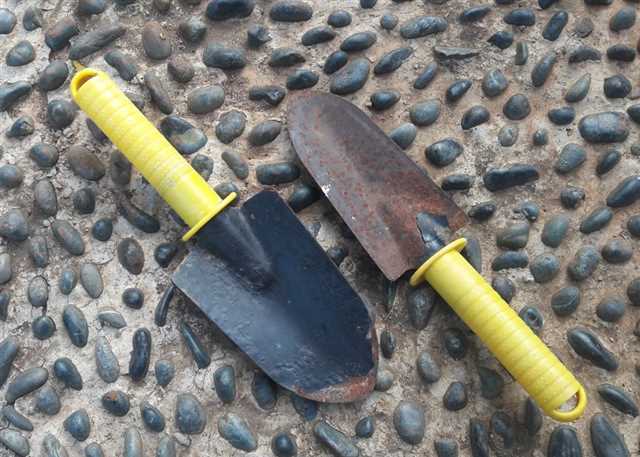
If you have metal items that have rusted over time, white vinegar can be a simple and effective solution to clean and remove the rust. This method can be used for a variety of metal objects, such as pewter, appliances, utensils, and more.
What You’ll Need:
- White vinegar
- Lemon juice (optional)
- A soft cloth or sponge
Steps to Clean Rust Off Metal with White Vinegar:
- Start by examining the rusted area. If there is any loose rust or dirt, wipe it off with a cloth or sponge.
- Take a small bowl and pour some white vinegar into it. If desired, you can also add a few tablespoons of lemon juice to the vinegar for added cleaning power.
- Dip the cloth or sponge into the vinegar solution and apply it to the rusted area. Make sure to cover the entire surface of the rusted metal with the vinegar solution.
- Leave the vinegar solution on the metal for around 15-30 minutes. The vinegar will work to dissolve the rust and make it easier to remove.
- After the designated time has passed, take the cloth or sponge and scrub the rusted area. You can also use a soft-bristled brush for more stubborn rust.
- If there is still rust remaining, repeat the process and let the vinegar solution sit on the metal for a longer period of time.
- Once all the rust has been removed, rinse the metal with water to remove any vinegar residue. Dry it thoroughly with a clean cloth to prevent further rusting.
It’s important to note that while white vinegar is effective for most metals, it may not be suitable for all types. It’s always a good idea to check with the manufacturer or supplier if you’re unsure whether your metal items can be cleaned with vinegar.
Tips to Prevent Rust Build-Up:
- Keep your metal items dry, especially when not in use, as moisture can lead to rust formation.
- Apply a thin coat of oil or wax to the metal surface to provide a protective layer against moisture and rust.
- If you notice any signs of rust, address it promptly to prevent further damage and corrosion.
- Avoid using abrasive cleaners or scrubbing tools that can scratch the metal surface and promote rust formation.
By using white vinegar and following these tips, you can effectively clean rust off metal and keep your items looking clean and tarnish-free.
Remove Rust with Baking Soda and Water Paste
One of the easiest and most effective ways to remove rust from metal is by creating a paste using baking soda and water. This simple and inexpensive solution can help restore the shine and cleanliness of your metal items, whether it’s a small appliance, a piece of cutlery, or even a larger project like a car bumper.
What you’ll need:
- Baking soda
- Water
- Cloths or non-abrasive scrubbers
Instructions:
- Mix together baking soda and water in a small bowl. Start with a tablespoon of baking soda and add water gradually until you achieve a thick paste consistency.
- Apply the paste onto the rusted areas of the metal using a cloth or non-abrasive scrubber. Make sure to cover the entire rusty surface.
- Let the paste sit on the metal for about 15 minutes to allow the baking soda to work its magic. During this time, the baking soda will react with the rust, helping to break it down.
- After 15 minutes, use the cloth or scrubber to gently scrub away the rust. Apply more paste if needed, especially for stubborn rust stains.
- Rinse the metal thoroughly with water to remove any remaining baking soda residue.
- Dry the metal completely to prevent any future rusting.
Safety tips:
- Wear gloves to protect your hands while applying the paste and scrubbing away the rust.
- Ensure good ventilation in the area where you’re working to avoid inhaling any baking soda dust.
- If you’re cleaning larger metal items, such as appliances or utensils, make sure to unplug them and remove any batteries before starting the rust removal process.
Important note:
This baking soda and water paste method is not suitable for all types of metal. Avoid using it on aluminium or aluminium alloys, as it can potentially damage the finish. For aluminium items, it’s best to use a milder solution, such as lemon juice or a mixture of flour and salt.
There are many ways to remove rust from metal, but this baking soda and water paste is a quick, inexpensive, and effective option. It’s a go-to solution for many, especially when dealing with small rust stains or tarnishing on stainless steel, pewter, or chrome items. Keep in mind the do’s and don’ts mentioned above to ensure a successful rust removal process.
Utilize Lemon Juice and Salt to Clean and Restore Metal
Lemon juice and salt can be a cost-effective and natural solution for cleaning and restoring various types of metal. Follow these simple steps to give your metal items a fresh and tarnish-free look:
- First, gather the necessary materials. You will need lemons, table salt, water, a soft cloth, and a small bowl.
- Cut the lemon(s) in half and extract the juice into the small bowl. Make sure to remove any seeds that may be present.
- Add a generous amount of table salt into the lemon juice, creating a paste-like mixture. The salt acts as a gentle abrasive that helps remove tarnish, rust, and other forms of damage on the metal.
- Dip the soft cloth into the lemon juice and salt mixture, ensuring it is thoroughly soaked.
- Apply the mixture onto the tarnished or rusted areas of the metal. Rub gently in circular motions, allowing the lemon juice and salt to work its magic. This will help remove any dirt, grime, or corrosion that may be present.
- For tougher stains or rust, you may need to let the mixture sit on the metal for a few minutes before scrubbing.
- After scrubbing, rinse the metal item with water to remove any leftover lemon juice and salt mixture. Make sure to dry it thoroughly to prevent any water streaks or damage.
- If there are still signs of tarnish or rust, repeat the process until the metal is clean and restored to your satisfaction.
It’s important to note that while lemon juice and salt are effective for cleaning many types of metal, they may not be suitable for all finishes. Avoid using this method on plated or painted metals, as it may cause damage. Always test on a small, inconspicuous area first to ensure compatibility.
For more tips on cleaning and maintaining different types of metal, be sure to check cleaning websites such as Cleanipedia. They provide valuable information from leading manufacturers on how to keep your metal appliances, utensils, and other items in top condition.
So, the next time you need to clean and restore metal, reach for a lemon and some salt. It’s an easy, natural, and cost-effective solution that can help remove tarnish, rust, and other forms of damage, leaving your metal items looking good as new!
Try Coca-Cola for Quick Rust Removal
If you have metal objects that are covered in rust, you will need a quick and effective solution to remove the stains and make them look new again. One surprising way to achieve this is by using Coca-Cola.
Coca-Cola contains phosphoric acid, which is a common ingredient in many rust cleaners. However, it is important to keep in mind the safety precautions while using this method.
How to Use Coca-Cola for Rust Removal:
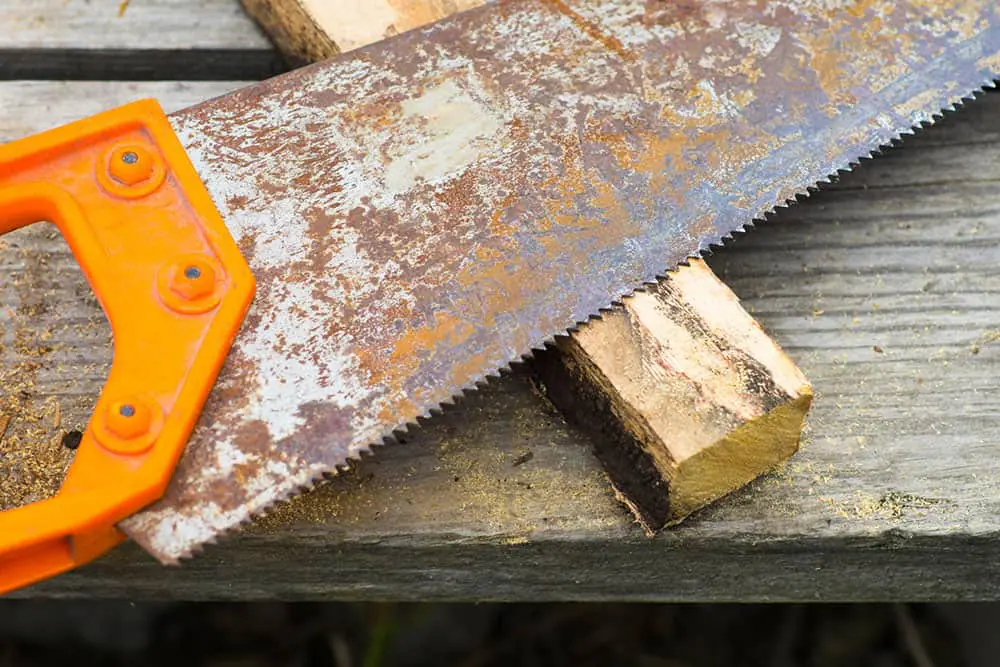
- Start by collecting all the materials needed: Coca-Cola, a soft cloth or sponge, and water.
- Make sure to clean the metal surface thoroughly before applying the Coca-Cola. This will remove any dirt or grease that could interfere with the cleaning process.
- Pour some Coca-Cola onto the rusted area and let it sit for a few minutes. The carbonation in the coke helps to break down the rust.
- After the allotted time, use a cloth or sponge to scrub the area. The rust should start to come off easily.
- Rinse the metal object with water and dry it thoroughly to avoid any further damage or corrosion.
- If there are still some rust stains remaining, repeat the process again until the metal is completely clean.
It is important to note that this method works best for metals that are not easily damaged by acids, such as stainless steel, aluminium, and copper. For precious metals like gold or silver, it is always best to consult a professional.
Another popular method for removing rust from metals is to create a paste using lemon juice and flour. Apply the paste to the tarnished area and let it sit for a few hours. Then, scrub the area with a soft cloth or sponge and rinse off the paste. This natural method is especially effective for brass and pewter.
In addition to Coca-Cola and lemon juice, vinegar and salt solution can be used as DIY rust removers. Simply mix vinegar and salt to create a paste-like consistency, and apply it to the rusted area. Let it sit for a few hours or overnight, then scrub away the rust using a cloth or sponge. This method works well for metal tools, cookware, and other household items.
To avoid tarnishing and keep your metal finishes looking their best, regular cleaning is necessary. You can use commercial cleaners or make your own using household ingredients. Always read the product instructions and follow the recommended safety precautions.
By following these easy and effective ways to clean metal and remove rust, you can bring back the shine and beauty to your metal objects, making them look new again.
Prevent Rust with Regular Cleaning and Use of Protective Coatings
Rust is a common problem that affects metal surfaces, causing them to deteriorate over time. However, with regular cleaning and the use of protective coatings, you can prevent rust and maintain the beauty and functionality of your metal items for years to come.
Cleaning
- Regular cleaning: One of the easiest ways to prevent rust is to regularly clean your metal items. Dust and dirt can trap moisture, which can lead to rust formation. Use a damp cloth or sponge to remove any debris.
- Use mild cleaning solutions: When it comes to cleaning metal, it’s important to use gentle cleaning solutions that won’t damage the surface. Mix a little dish soap with warm water and apply the solution to the metal using a soft cloth or sponge. Avoid using abrasive cleaners, as they can scratch the metal and make it more susceptible to rust.
- Remove rust stains: If you notice rust stains on your metal items, you can dissolve them using household items. For stainless steel, you can use a solution of lemon juice and salt. Apply the mixture to the rust stains and scrub gently with a soft cloth. For other metals, you can try using vinegar or a commercial rust remover.
Protective Coatings
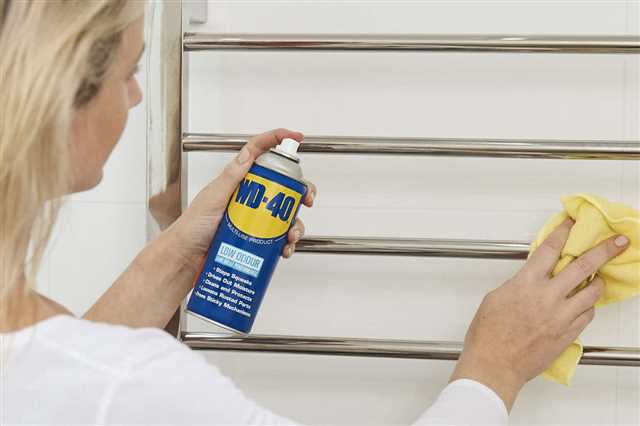
- Apply a protective coating: To provide an extra layer of protection against rust, consider applying a protective coating to the metal surface. There are various options available, such as clear lacquers, sealants, or specific coatings designed for different types of metal. Check with the manufacturers for recommendations on which coating to use for your specific metal item.
- Keep metal dry: Moisture is one of the main causes of rust formation. After cleaning your metal items, make sure to dry them thoroughly to prevent any moisture from lingering on the surface.
- Store metal properly: When not in use, store your metal items in a dry area away from moisture and humidity. Consider using moisture-absorbing packets or silica gel packs to help maintain a dry environment.
By following these cleaning and protective coating tips, you can prevent rust and keep your metal items looking their best. Regular maintenance is key to ensuring their longevity and preventing costly repairs or replacements down the line.
For more tips on cleaning metal and removing rust, visit Cleanipedia online. They have a wide range of helpful articles and DIY hacks for cleaning various metal surfaces.

